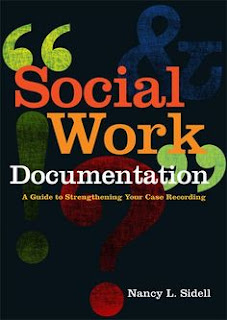Role of social capital in the process of community development
Social capital
Generally social capital can be understand as a bounding a social relationship on the basis of culture, finance, norms, values…which have productive benefits. Like sociology, social capital has numerous definitions.
Social capital is about the value of social networks, bonding similar peoples and bridging between diverse people, with norms of reciprocity (Dekker and Uslaner 2011)
‘the process by which social actors create and mobilize their networks connection within and between organizations to gain access to other social actors’(Knoke 1999)
‘A culture of trust and tolerance, in which extensive networks of voluntary associations emerge’ (Inglehart 1997)
Types of social capital on the basis of network perspective
Bonding (exclusive)
Strong social bonds and trust
(Homogeneous group, strong ties, that connects neighbors friends and colleagues)
Bridging
Cross organization partnership
(Ties that link different groups and occupationally backgrounds including formal and informal participation within the same community)
Linking
Cross boundary alliances with external resources network
(Norms of respect and networks of trusting relationship between people who are interacting across explicit, formal, or institutionalized power or authority gradients in society)
Social capital is a term used to describe a person’s or position within a particular social group, which contributes to their lives in a certain ways. For example , in small towns people tend to know each other more than those living in cities and they bound more over commonalities. In this case, the people within the town possess significant social capital which strengthens community.
Role of social capital in the process of community development
· Helps in developing the ability of act.
· Building strategic relationship and enhancing program deliver and impact.
· Increased communication between state agency and partner communities.
· Helps to increase community capacity.
· Challenged state to expand their roles.
.





Comments
Post a Comment